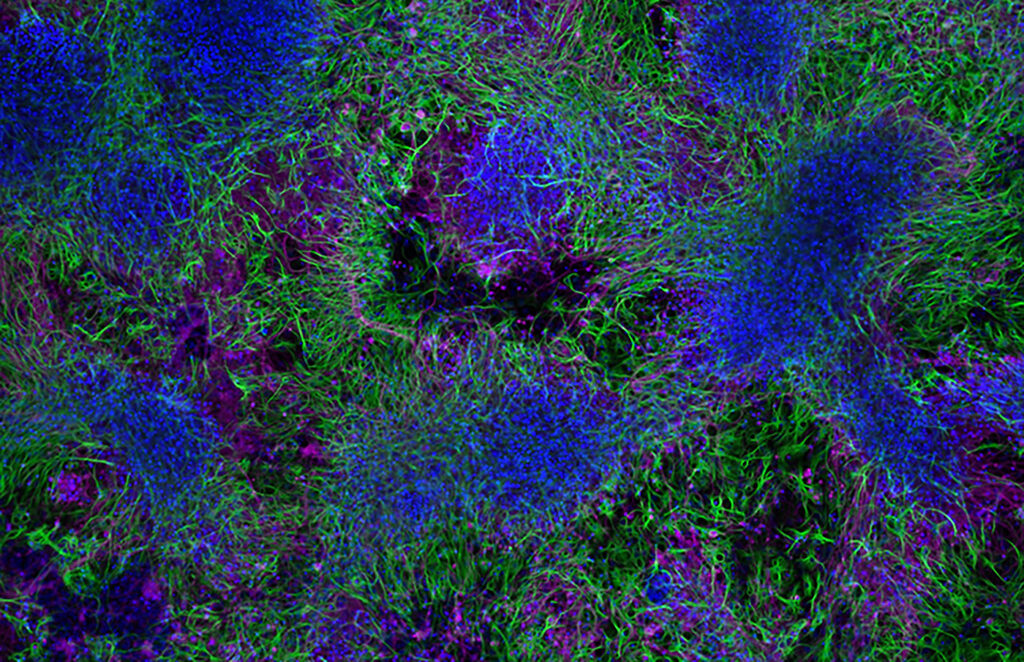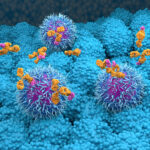Panelists:

Tullia Bruno, PhD
Asst. Professor, Department of Immunology
Member, Cancer Immunology and Immunotherapy Program, UPMC Hillman Cancer Center
Member, Tumor Microenvironment Center, UPMC Hillman Cancer Center
Scientific Director, UPMC Hillman Cancer Center Flow Facility
University of Pittsburgh
Panelist

Tullia Bruno, PhD
Tullia Bruno, PhD
Assistant Professor, Department of Immunology
Member, Cancer Immunology and Immunotherapy Program, UPMC Hillman Cancer Center
Member, Tumor Microenvironment Center, UPMC Hillman Cancer Center
Scientific Director, UPMC Hillman Cancer Center Flow Facility
University of Pittsburgh

Peter Sorger, PhD
Otto Krayer Professor
Department of Systems Biology
Head of the Harvard Program in Therapeutic Sciences – HiTS
Harvard Medical School
Panelist

Peter Sorger, PhD
Peter Sorger, PhD
Otto Krayer Professor
Department of Systems Biology
Head of the Harvard Program in Therapeutic Sciences – HiTS
Harvard Medical School
Broadcast Date:
- Time:
Spatial biology is propelling cancer research into a new era, offering unprecedented resolution into the tumor microenvironment, immune infiltration, and cellular heterogeneity at the single-cell level.
While spatial technologies have advanced many areas of biology, cancer research has arguably benefited the most. In this episode of GEN Live, we explore how spatial technology is advancing the field of cancer research. What new questions can we now ask? What insights are emerging? And how might these technologies impact clinical care and patient outcomes?
Joining us are leading researchers who are pushing the boundaries of cancer science using cutting-edge spatial tools. They’ll share how they’re mapping tumor ecosystems in ways that were unthinkable just a few years ago—and what that could mean for the future of cancer diagnostics, prognostics, and precision therapeutics.
There will also be a live Q&A session, where you’ll have a chance to engage directly with our expert panel.
Produced with support from:




